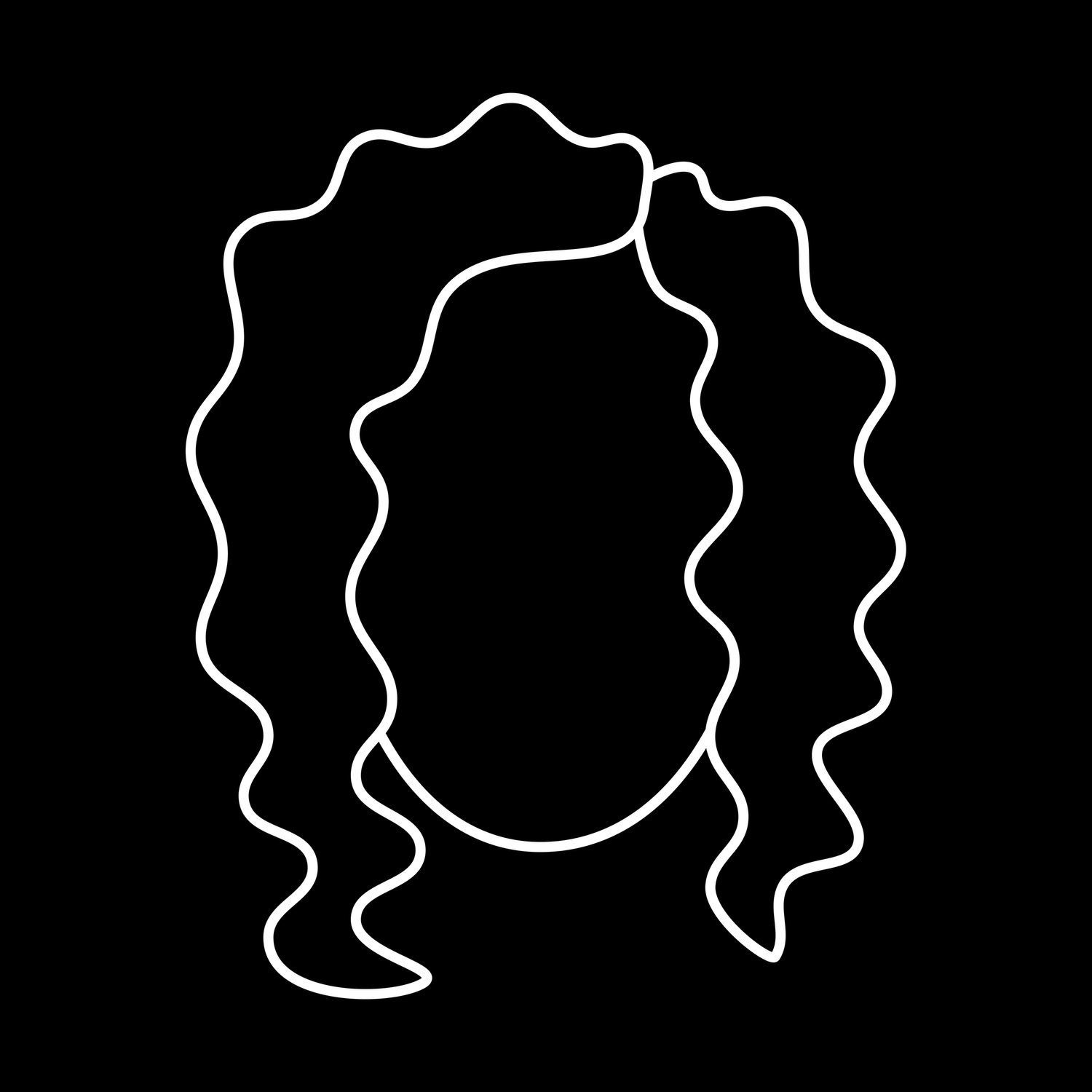Authentic Self Expression
What is authenticity?
how do you authentically self-express?
How might it be hard to self express?
Who do you idolize or look up to when it comes to authentic self expression?
When do you experience imposter syndrome?
When do you feel like its impossible to self-express?
How easy/difficult is it to notice others authentic self expression?
If you could have an alternative life - who would you be? What would your life be like?
Children are some of the most authentic beings on the planet. They express themselves in what they wear, how they talk, how they play, who they befriend, how they question the world and people around them, how they show passion towards a hobby or interest - its no wonder we adults are wanting to get back to the child-like experience of nostalgia. Over time, we transition from this free spirit of a child who enjoys the present, lets go of the past and views the future from a perception of curiosity into one of confinement, conformity, consistency, and consolation of those who made the transition before us.
Sometimes authentic self expression brings about feelings of shame. The shame can come in many forms but often comes about because of our discovery of wanting to believe in and act in ways that are different to that of our heritage or our previous religious beliefs. It can be uncomfortable to realize that our new-found authentic self expression goes against our previous views. For example, you find you enjoy having friendships and relationships with people of another ethnicity than the one(s) you were raised in as you acknowledge, appreciate, and accept their culture, norms and traditions but when you share those views with your family, you are met with confusion, disagreement, or disbelief that a new perspective could be accepted by anyone, let alone you. It can bring about disappointment in both yourself and your family, creating a constant battle in your mind about which group feels more “you” - your existing family or your friends/relationships.
Breaking down “authentic self expression,” let’s start with ‘authentic.” One way to describe authenticity is the opposite of “supposed to” which is a form a narcissim. Authentic is spontaneous its a burst of energy, similar to when a flower is ready to bloom and bursts open to reveal its bright colors to the world. Authenticity is unpretentious. It is a safe space where worry and fear are far away. It is often the opposite of everything.
“Self” is the integration of the heart, brain, and gut. It is the connection of spirit and soul, the nebulous and ethereal. The importance of wrestling with the self is strong. The self shifts, grows, shrinks. The self is brittle. Self growth occurs through experiences, through acceptance of other perspectives (possibly expanding from black and white to color), solitude (not truth but our own Truth), through self motivation, through writing, and through having the opportunity or having luck on your side.
Lastly “expression” is the sympathy and empathy we show ourselves and others and the moving in and out of others experiences (similar to karma). In fact, the awareness of our past lives (if that is your Truth) only adds to the growth of our authenticity. Being available and understanding in your everyday life will lead to more opportunities.
Authentic self expression can appear to us in various ways. For some, we see it in children who teach us to be free and openminded. Others see it in the form of a Japanese cherry blossom representing the beauty of culture and nature. Still others may see it as a bouquet of flowers, delicately and intricately placed like the components that make up our own authentic selves.
Find your bouquet of flowers that authentically express you. - anonymous
Books and Other Recomendations
Ikigai - Hector Garcia and Francese Miralles
Art of Authenticity - Karissa Thacker
The Courage to be Disliked - Ichiro Kishimi and Fimitako Koga
Adam Grant podcast
Covenant of Water - Abraham Verghese
Pierre Teilhard de Chardin’s story of being a French Jesuit priest
Human Genome Project - Francis Collins

